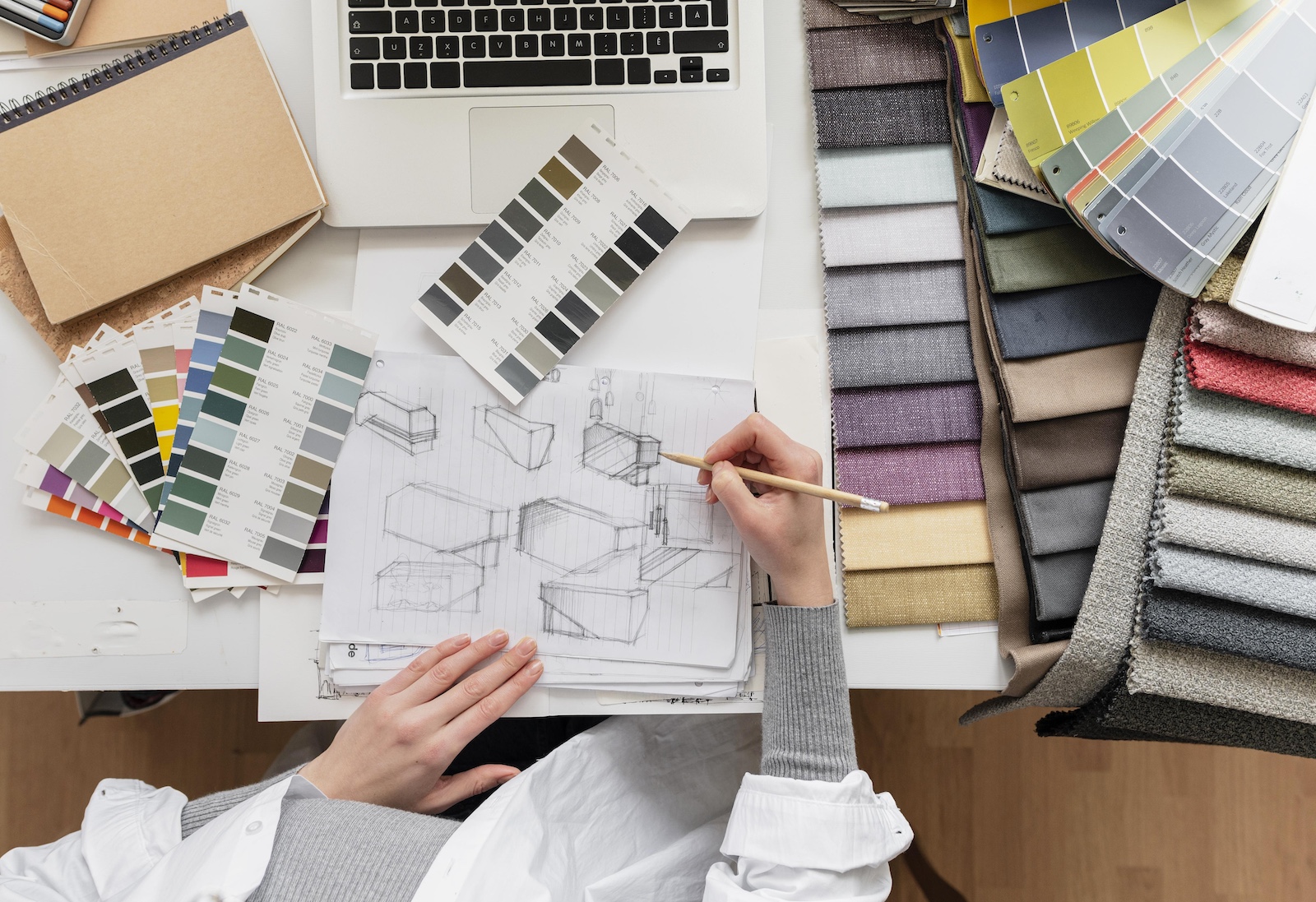
Redefining Spaces: Innovative Sustainable Furniture Trends for Today's Design Professionals
Redefining Spaces: Innovative Sustainable Furniture Trends for Today's Design Professionals
In a world increasingly conscious about environmental impact, the need for sustainable furniture has never been greater. Today's design professionals are tasked not only with creating aesthetically pleasing spaces but also with ensuring these spaces are sustainable and eco-friendly. Let’s explore some innovative trends in sustainable furniture design that can help redefine contemporary spaces.
Embracing Eco-Friendly Materials
One of the foremost trends in sustainable furniture is the use of eco-friendly materials. Here are some materials gaining popularity:
- Reclaimed Wood: Utilizes wood from old buildings, barns, or furniture.
- Bamboo: A fast-growing, renewable resource.
- Recycled Metals: Reduces the need for virgin metal extraction, lowering the carbon footprint.

Caption: Skilled craftsmanship is essential in creating sustainable furniture.
Innovative Design Concepts
Multi-Functional Pieces
Multi-functional furniture helps to maximize the usability of small spaces, reducing the need for excess materials. Examples include:
- Sofa beds
- Extendable tables
- Storage ottomans
Modular Furniture
Modular designs allow users to adapt furniture to their evolving needs, extending its lifespan. Modular furniture can include interchangeable sections that can be rearranged or expanded as needed.
Sustainable Manufacturing Practices
Sustainability isn't solely about materials; how furniture is made is equally important. Distro specializes in custom on-demand wood product manufacturing and distribution, providing an excellent example of how to incorporate sustainable practices into furniture production.
Custom On-Demand Manufacturing
By producing items only as they are needed, custom on-demand manufacturing minimizes waste and overproduction. This approach also allows for higher customization, crafting pieces that meet exact specifications and thus, reducing resource wastage.
For more details on our capabilities, check out our capabilities page.
Efficient Distribution
Reducing the environmental impact of transporting furniture is another crucial factor. Distro's distribution services are designed to be efficient and eco-friendly, aiming to lower the carbon footprint associated with getting furniture from the manufacturer to the end-user. Learn more about our services on our contact page.
Leveraging Technology in Design
Technology can greatly enhance sustainable furniture design. Tools like AI-driven furniture design generators can help create more efficient, resource-conscious designs from the get-go.
AI Design Generators
Our free AI furniture design generator can assist designers in conceptualizing sustainable pieces that meet high environmental standards, reducing trial-and-error waste in the initial design phase.

Caption: Concept sketches are the foundation of innovative furniture design.
Practical Advice for Design Professionals
- Stay Updated: Continuously learn about new sustainable materials and practices.
- Collaborate with Ethical Manufacturers: Partner with companies like Distro that prioritize sustainability.
- Educate Clients: Inform clients about the benefits of sustainable furniture to foster broader acceptance and demand.
Conclusion
Redefining spaces with sustainable furniture is not just a trend but a necessity in today's design landscape. By integrating eco-friendly materials, embracing innovative design concepts, and utilizing sustainable manufacturing practices, design professionals can play a significant role in promoting sustainability. Visit our quote page to start your project with Distro today.
Embrace these practices, make informed choices, and let's create a greener, more sustainable world one piece of furniture at a time.
Related Post: Rethinking Materials: Essential Sustainable Furniture Trends for the Industrial Designer


Ready to get started?
Request a quote so we can start making your products on demand.
Request a quote
Have questions? Contact us →


